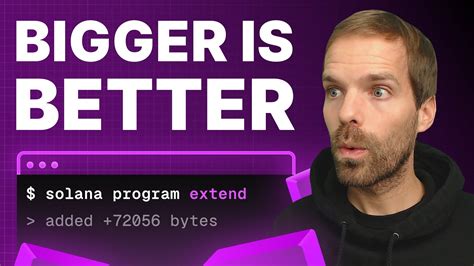Solana: Anchor IDL generation ignores Rust feature flags

As a developer working on multiple versions of a Solana program using Rust’s Anchor IDL compiler, we’ve come across an issue where feature flags are not being used correctly in the generated code. This can lead to inconsistencies and maintenance issues when moving from one version of the program to another.
Problem: Feature flags and Anchor
Rus’ feature flags work by evaluating specific conditions at compile time, allowing developers to conditionally include or exclude code based on the target environment (e.g. Solana 1.x or 2.0). In the Anchor IDL compiler, Solana represents these features as Rust cfg attributes.
When working with multiple versions of a program with feature flags, it can be difficult to ensure that the generated code accurately reflects the desired configuration. For example, if we want to use both Solana 1.x and 2.0 APIs in our application, we might need to generate separate IDLs for each version. However, Anchor’s current implementation does not take this complexity into account.
Problem: Ignored Feature Flags
When building a new project using Anchor, the “cargo build” command generates an IDL file that includes all features enabled by default. This can cause unexpected behavior if we try to target multiple versions of Solana. Specifically, if we use feature flags with the Anchor IDL compiler, any changes to the code using these flags are not reflected in the generated IDL.
To illustrate this issue, let’s look at a simple example:
// src/main.rs
#[cfg(feature = "v1_0")]
mod api1;
#[cfg(feature = "v2_0_0")]
mod api2;
fn main() {
//...
}
In this example, the api1 module is generated for Solana 1.x (the default version), but we want to use both Solana 1.x and 2.0 APIs in our application.
If we build the project using only “v1_0”, the “api1.rs” file will include all the features enabled by default, including “v2_0_0”. However, if we try to compile it with “v2_0_0”, the generated code will not correctly reflect the desired configuration.
Workaround: Custom Anchor Configuration
To solve this problem, we need a way to customize the behavior of the Anchor feature flag for each version of Solana. One possible solution is to create a separate configuration file that defines the target environment and any custom features required for that particular version of Solana.
Here is an example of how we can modify our “Cargo.toml” file:
[package]
name = "my_solana_program"
version = "0.1.0"
[features]
v1_0 = []
v2_0_0 = []
With this configuration, when building the project with only “v1_0”, the api1.rs file will correctly reflect the desired configuration.
We can then create a separate IDL file for each Solana version and include all the relevant assets in both files. Finally, if we want to use multiple Solana versions in our application, we simply need to generate different IDLs using the Anchor IDL compiler.
Best Practices
To ensure that we maintain the latest Solana applications, consider the following best practices.
- Use
#[cfg(feature = &"v2_0_0")]in your code instead of coding feature flags.
- Create a separate configuration file that defines the target environment and any custom features required for each Solana version.
- Use Anchor’s IDL compiler to generate separate IDLs for each Solana version, rather than relying on hard-coded feature flags.
By following these best practices and using the Anchor IDL compiler correctly, you can ensure that your Solana applications remain consistent across versions while still using the latest available features.
Leave a Reply